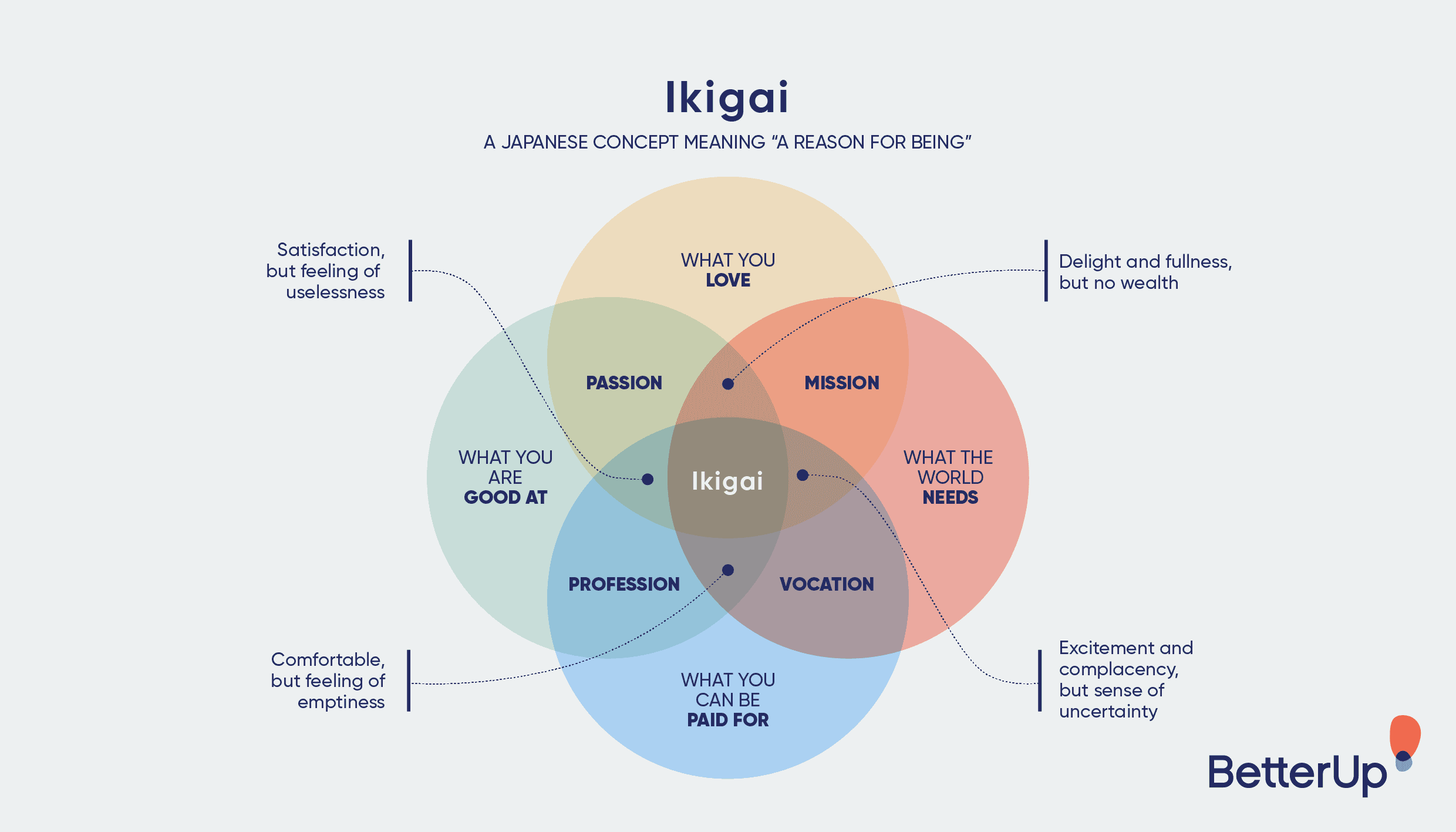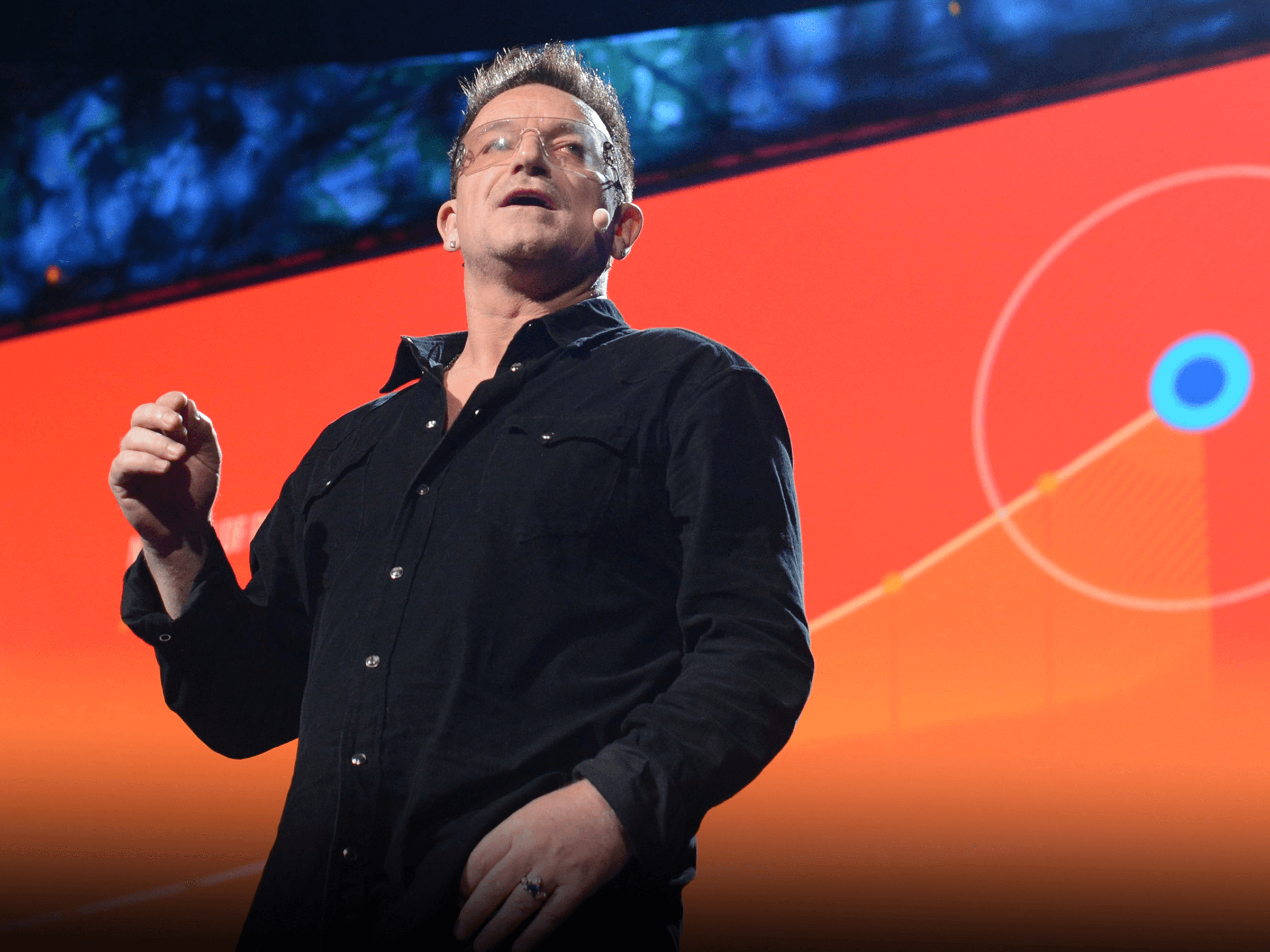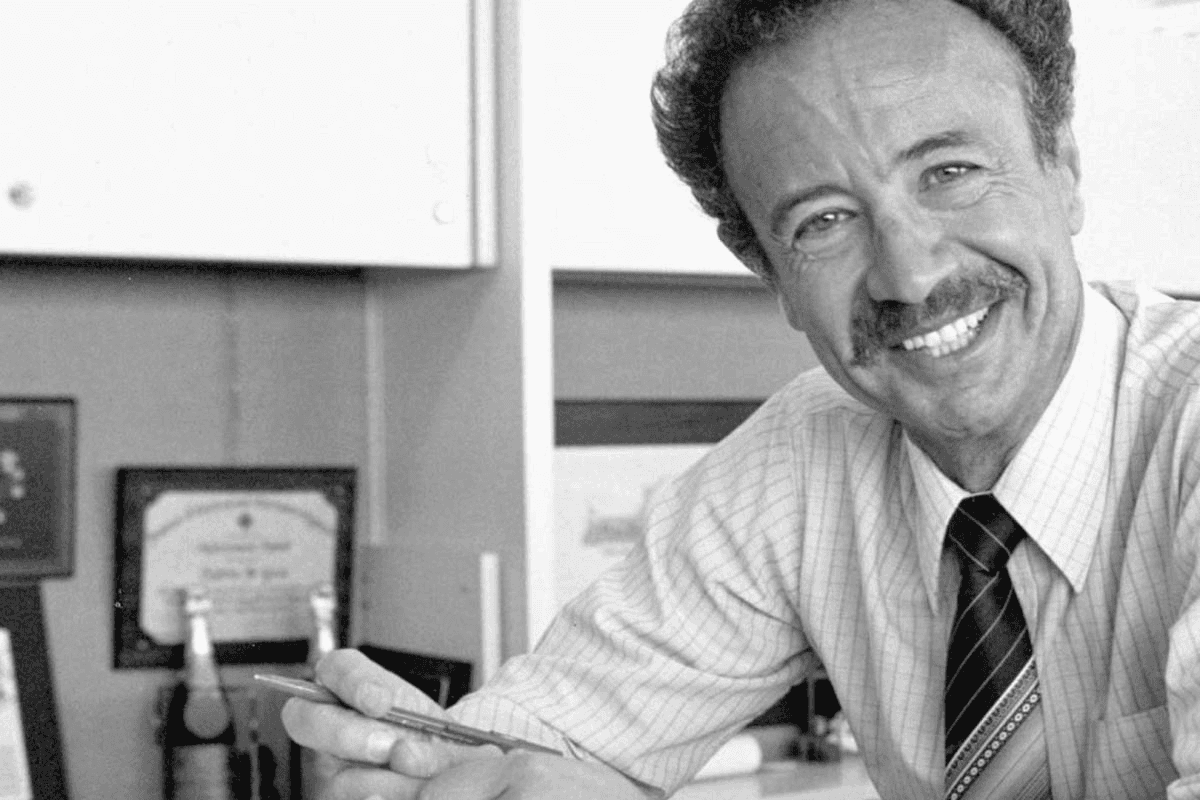Cracking the Code to Success: The Hidden Power of Setting the Right Goals
Unleashing the Full Potential of Your Purpose with OKR's
In today's fast-paced world, finding the right path to success can seem elusive. But what if there was a proven method to steer us in the right direction, to set the right goals that align with our passions and values?
Enter Objectives and Key Results (OKRs), a goal-setting system that has captured the attention of inidviduals and organizations like Bono and Google. In this article we will explore OKRs including their influence on our behavior, why they're worth doing and how to do them to unveil the secrets behind setting the right goals, and achieving remarkable success.

Purpose can take on lots of different forms - Photo by Mart Production
The Power of Purpose
As human beings, we are driven by purpose. Research has repeatedly shown (Latham (2004), Colby (2020) etc.) that having a clear sense of purpose motivates us to perform at our best. It's also now well understood that having a clear sense of purpose has very real health benefits as well, including helping you to live longer, have a healthier heart, and being more psychologically resilient (source).
But if you haven't delved into the depths of your own purpose, it can seem like a daunting task. What's more, chances are you've inherited some preconceived notions about what your purpose should be, which can be difficult to deal with. These notions are often ingrained in us by our families and the communities we grow up in and may include things like finding a life partner and starting a family. Or perhaps it's the pursuit of a certain income level or a prestigious position in society. However, these external achievements often fall short in providing the profound sense of fulfillment that comes from discovering your personal sense of purpose, the type of purpose that will return all those amazing health benefits list above. So how do you find your purpose?
Finding Purpose
The first thing to acknowledge is that your purpose in life is as unique to you as your fingerprint. It's intricately tied to your individual blend of talents, experiences, skill sets, and interests that ignite your inner fire. Purpose is more than just a superficial connection to these aspects; it's the very reason that propels you out of bed each morning, even on the gloomiest of days when you're tired and just can't be bothered doing anything.
But remember, purpose is not a short-term goal to be achieved and checked off a list. It's a lifelong journey with no final destination and your purpose will probably change a lot over the years. But even so, having a good understanding of your purpose as it is today by interrogating where you find joy and meaning will ensure that you are set up for the long run, as it is much easier to reassess your purpose at regular intervals with a baseline established.
One representation of purpose comes from a concept called ikigai. It revolves around following your joy and finding your true calling. Ikigai emphasizes discovering the sweet spot where your passions intersect with what the world needs, what you excel at, and what the world is willing to reward you for. Crafting your sense of purpose involves considering both your passions and practical considerations.

The Concept of Ikigai - Image by Better Up
For some fortunate individuals, their work becomes the vehicle for fulfilling their ikigai. Take, for example, a doctor who believes their purpose is to heal the sick and alleviate suffering. However, not everyone easily finds meaning in their work and aligns it with their personal sense of purpose. The complexities of balancing work, family obligations, and societal expectations often lead us to abandon our idealistic selves that yearn for a deeper meaning and purpose in life. We start believing that we must make trade-offs, assuming that meaning and purpose cannot coexist with pragmatic considerations. But this perspective is far from helpful. That's where the OKR framework comes in – a powerful tool that helps you set the right goals and turn your purpose into action.
Setting the Right Goals: The OKR Framework
Objectives and Key Results, or OKRs, provide a simple yet effective framework for goal setting. Coined by Andy Grove, the renowned former CEO of Intel, and made famous by John Doerr's book "Measure What Matters", OKRs focus on execution has now been widely adopted by organizations, teams, and individuals alike.
The objective represents what we want to achieve, while key results outline the specific steps we will take to reach our objectives. The beauty of OKRs lies in their simplicity and clarity.
To illustrate the effectiveness of OKRs, let's delve into the world of music and activism. Bono, the iconic frontman of U2, has been using OKRs through his organization ONE to combat poverty and disease. With audacious objectives like debt relief for the poorest countries and universal access to anti-HIV drugs, ambitious goals are broken down into actionable tasks that his organization can begin working towards. His quote perfectly encapsulates the essence of OKRs:
"The OKR framework cultivates the madness, the chemistry contained inside it. It gives us an environment for risk, for trust, where failing is not a fireable offense. And when you have that sort of structure and environment and the right people, magic is around the corner." - Bono

Bono talking about OKR's, Source: Ted Talks
To apply the OKR framework to your personal purpose and goals, begin by taking a deep dive into the key areas of your life that hold meaning and significance. Whether it's your career, relationships, personal growth, health, or any other aspect, pinpoint the specific areas you want to focus on. From there, set clear and inspiring objectives that align with your purpose and reflect your true aspirations. Don't worry if these objectives sound ambitious - that's kind of the point! The key at this phase is to set objectives that not only excite you but also align with your overarching purpose.
Let's delve into some examples to illustrate the power of purpose and how it can be applied to different areas of life.
Imagine your purpose is deeply rooted in making a positive impact on the environment. Your objective might be something like "protect and preserve the natural world". If your purpose is connected to artistic or creative endeavors your objective might involve publishing a book, showcasing your artwork in an exhibition, or composing a symphony. A third example of purpose may revolve around nurturing and supporting others, in which case your objective could be to create a safe and loving home environment for your family, or mentor aspiring individuals in your field of expertise.
No matter what your purpose is or where you aspire to make an impact, having a clear sense of that driving force and an objective that aligns with it will serve as a sturdy foundation for breaking down your objectives into measurable key results. These key results act as milestones that propel you closer to realizing your goals, enabling you to make tangible progress in alignment with your purpose.

Andy Grove, the father of OKR's
The Importance of Measurable Results
While having inspiring objectives is essential, translating them into actionable key results is equally critical. Key results should be specific, time-bound, and measurable. Take the example of Google, where OKRs have become a part of their organizational DNA. Sundar Pichai, the CEO of Google, set a long-term objective to build the best browser. His key results were simple yet powerful: the number of users. By consistently increasing the user base year after year, Pichai's commitment to his objective became evident (source: "Measure What Matters" by John Doerr).
As we can see from this example, measurable results play a crucial role in achieving your objectives and staying on track with your purpose. They provide clarity, accountability, and a tangible way to gauge your progress. By setting measurable key results, you create a framework that allows you to track your advancements and make necessary adjustments along the way.
To break down your objectives into key results, start by clearly defining what success looks like for each objective. Ask yourself: What specific outcomes do I want to achieve that will 'ladder up' to me feeling like I've accomplished my bigger goal? Then, identify the key actions or milestones that will contribute to those outcomes. Break down your objectives into smaller, manageable steps that are measurable and time-bound.
For example, if your objective is to launch a community initiative for environmental awareness, your key results could include metrics such as organizing three educational workshops, engaging a minimum of 100 participants, and securing partnerships with local organizations. If your objective is publishing a book, your key results could be completing a certain number of chapters or reaching a specific word count within a given timeframe, which could then be followed by securing a publishing deal with a reputable publishing house.
What these measurable key results provide is a roadmap that guides your actions and ensures you are making progress towards your larger objective, and ultimately, your purpose.
Remember, breaking down objectives into key results not only helps you stay focused and motivated but also enables you to celebrate incremental successes along the way. It allows you to assess what is working well and what areas need adjustment, ultimately empowering you to make continuous improvements towards fulfilling your purpose and reaching your potential.
But even with objectives and key results in place, there is a tendency to 'fall off the wagon'. Which is where shared OKR's come in.
Realizing the Potential of Shared OKRs
By aligning objectives and encouraging collaboration, sharing your OKRs can unlock higher levels of productivity and achievement. Let's dive into the research-backed benefits of sharing your goals.
By making goals transparent and tracking progress, teams, friends and organisations create a culture of accountability. A study published in the American Pyschological Association found that goal transparency positively influences individual performance and commitment (source: Locke & Latham, 2019). It's all about making the invisible visible! As John Doerr, the author of "Measure What Matters," puts it, "Teammates see each other's objectives and key results and know how everyone is progressing." This transparency fuels a sense of accountability, inspiring individuals to bring their A-game.
Collaboration, support and motivation are also supercharged when you share your goals. Psychological Science in the Public Interest research by Kozlowski & Ilgen (source) reveals that working together on shared goals prompts individuals to seek help, share resources, and collaborate. as psychologist Edwin A. Locke points out, "Goal setting is most likely to improve task performance when individuals receive feedback on their progress." Regular check-ins and progress updates provided by shared OKRs offer that much-needed feedback, keeping motivation high and focus sharp.

Photo by Artem Podrez
Conclusion
As we navigate the complexities of life, setting the right goals becomes crucial. Objectives and Key Results (OKRs) provide a proven framework to unleash our potential and align our ambitions with purpose. Through the inspiring stories of visionaries like Jini Kim and Bono, we have witnessed the tremendous impact of setting audacious objectives. Backed by scientific research and real-life experiences, OKRs have emerged as a game-changer for individuals, teams, and organizations.
So, as we embark on our journey towards success, let us remember the wise words of Andy Grove: "Without objectives and key results, our goals can remain just dreams."
By embracing the power of OKRs, we can turn our dreams into reality, making tangible progress towards realising our purpose and fulfilling our potential.

